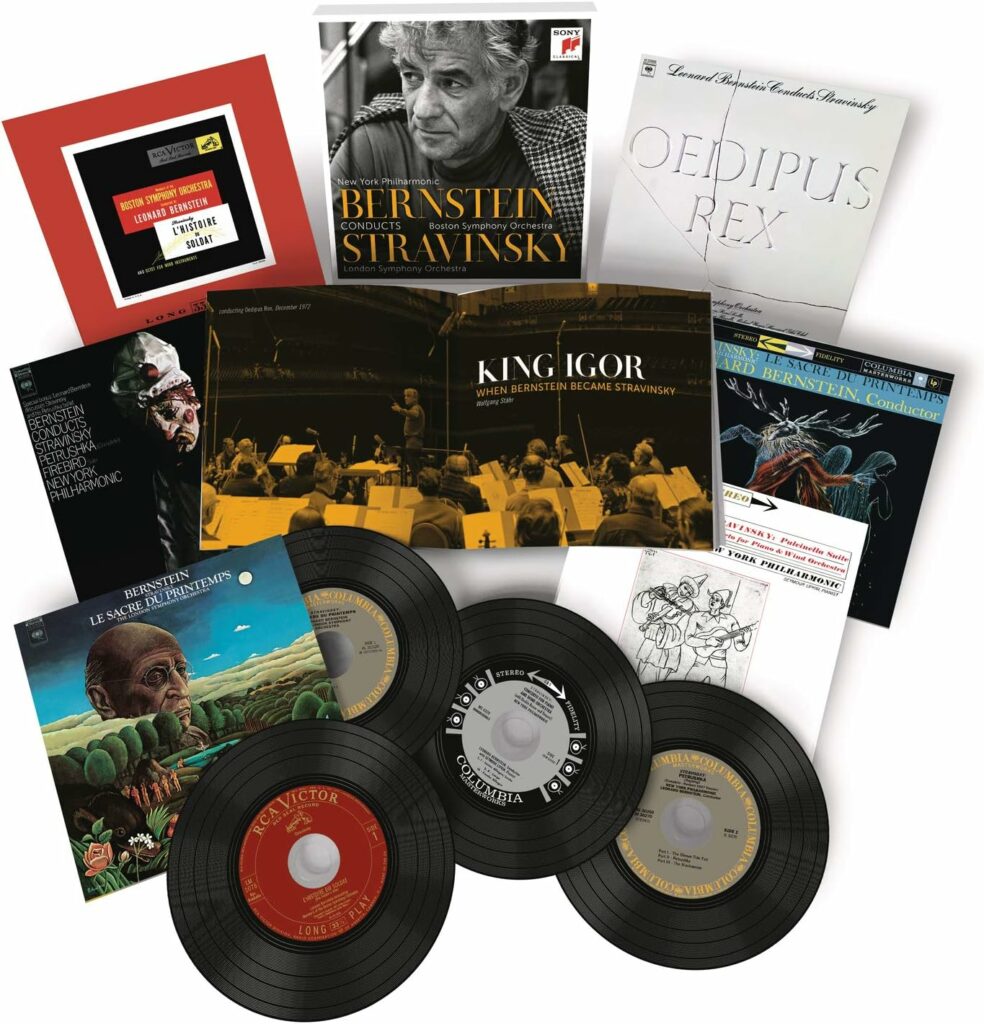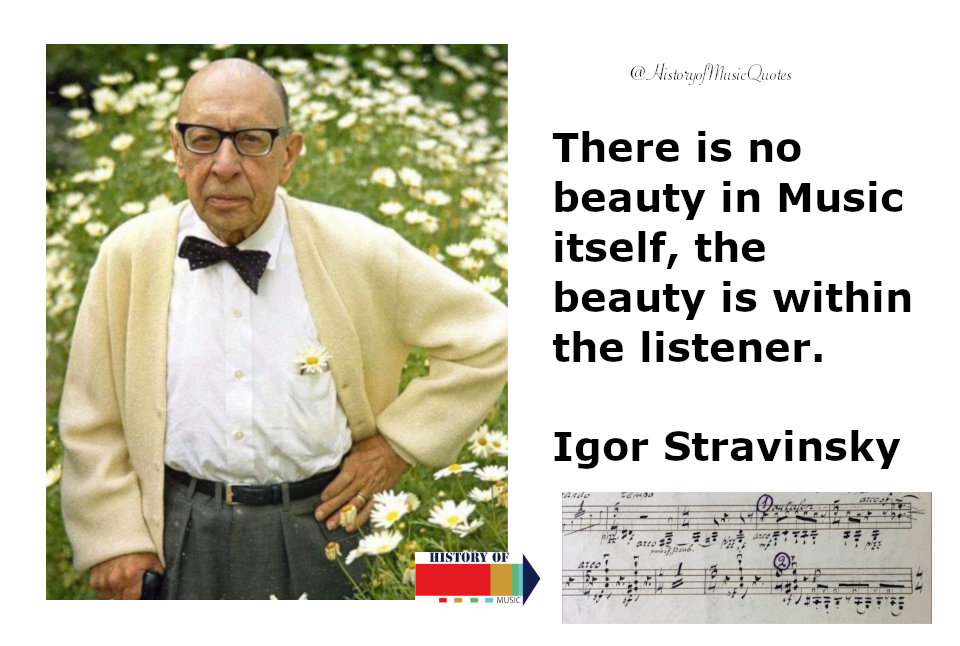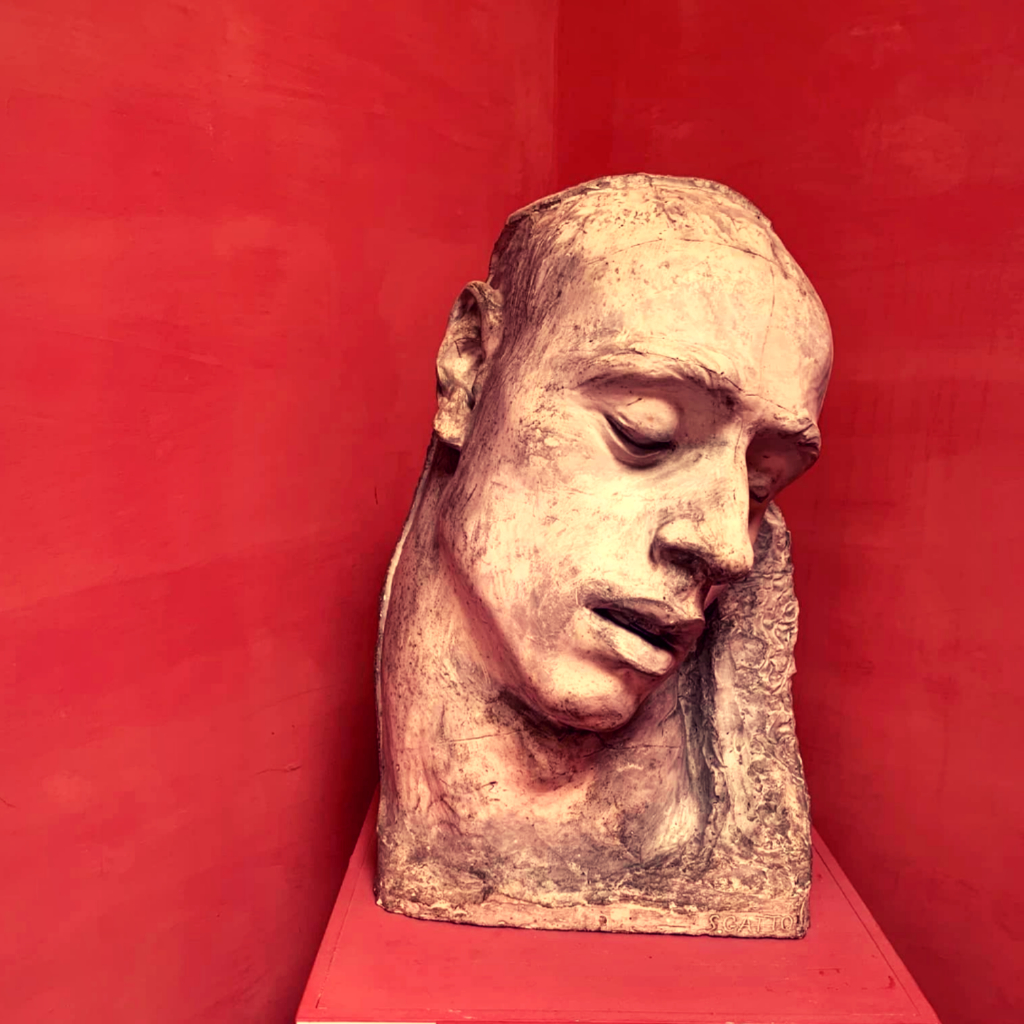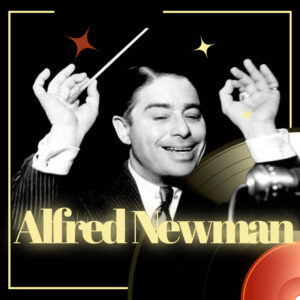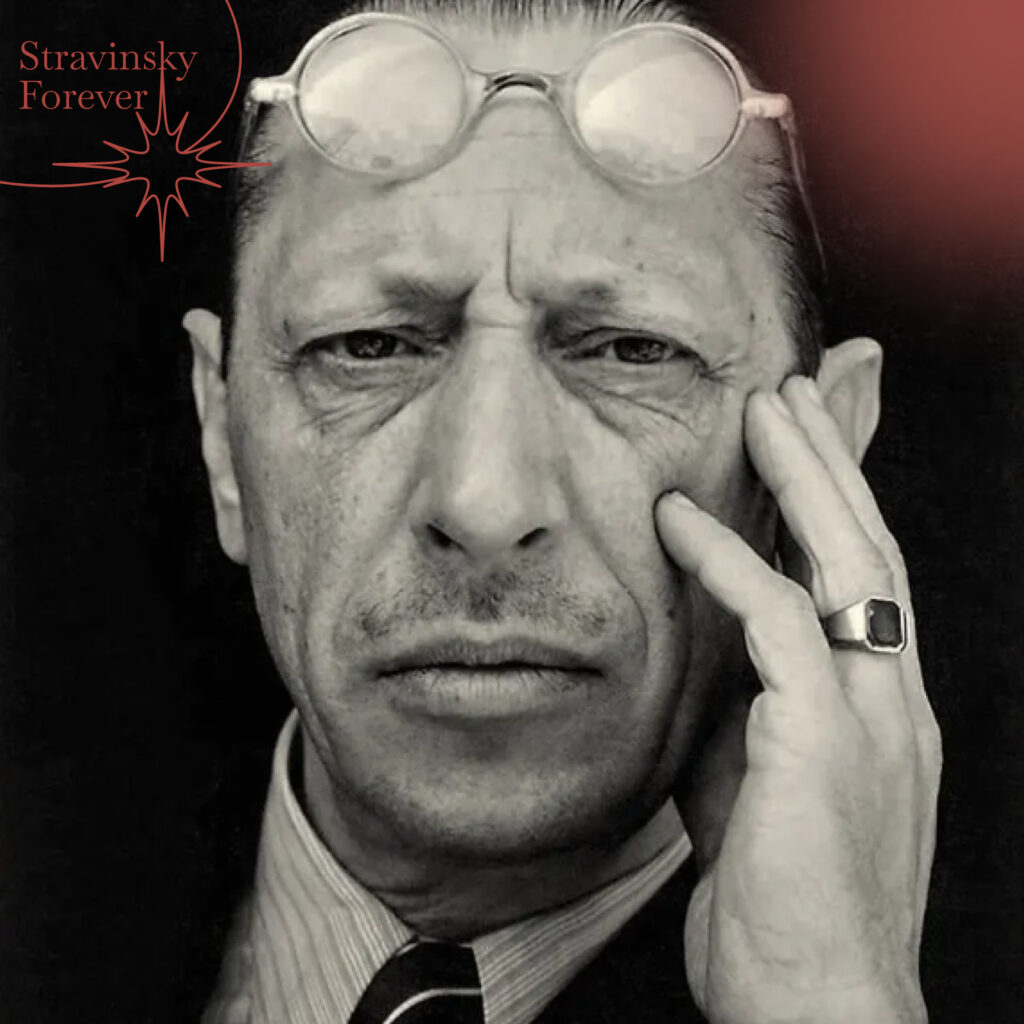
At the age of 28, he became internationally recognized when “The Firebird” debuted in Paris in 1910. Three years later, the unique and scandalous “Spring of the sacred” premiered there. Fame stuck to his name and never left.
Rimsky-Korsakov, said Stravinsky, was like a second father to him. Stravinsky copied some of his mentor’s things and habits literally: he wrote music only behind the piano, used a special sheet music and had the manner of wearing two pairs of glasses at once – one sat on the nose and the other on the forehead. He later purchased a karakul fur coat, exactly the same as the maitre.
Shortly before World War I, Stravinsky moved his wife, children and mother (his father died in 1902) to Switzerland, and then to France. In 1945, after the war he experienced on the American continent, Stravinsky became a US citizen. Supporters of “new music” call Stravinsky “the most Russian composer”. Of the composers who were born and grew up in Russia, it was Stravinsky who discovered for us an archaic layer of Russian music, made it sound authentic, and most importantly, transferred into his work the most important elements of this sound archaic, its rhythmic and dynamic basis.
At the same time, it is no exaggeration to say that few of the composers of the 20th century were as widely educated as Stravinsky. Philosophy and religion, aesthetics and psychology, mathematics and the history of art – all were in his field of view; with rare knowledge, he wanted to understand everything as a specialist, having his own view on the subject, his attitude to the subject matter. Stravinsky, a furious reader, did not part with the book until very old age. His library in Los Angeles contained about 10,000 volumes.
The artistic evolution of Stravinsky was replete with paradoxical twists connected with the change of subjects, the manner of writing, figurative content. The Soldier’s Tale (L’Histoire du soldat) (1918) and “Pulcinella” (1920) marked a turn from the “Russian” style to neoclassicism, and in the early 1950s the 70-year-old composer surprised his contemporaries with the appeal to dodecacophony. But even within these large periods often coexist works, as it were, excluding one another, completely different on the subject, genre, style.
Stravinsky’s music is often divided into three periods of composition: the Russian period (1913–1920), where he was greatly influenced by Russian folklore and style; the neoclassical period (1920–1951), where Stravinsky turned towards techniques and themes from the Classical period; and the serial period (1954–1968), where Stravinsky used serial composition techniques pioneered by composers of the Second Viennese School.
But in whatever manner Stravinsky wrote and whatever model he chose, Stravinsky’s individuality is unmistakably obvious, despite stylistic twists that are often abrupt and unexpected. Researchers note the unity of the characteristics of the composer’s style at various levels: from technical techniques (metrorhythmic organisation, fret features, thematic warehouse, texture, and instrumentation) to the attitude toward music material, the commonality of musical and aesthetic tasks, and musical character.
"Music is, by its very nature, essentially powerless to express anything at all." This remark on the nature of music, published in his 1936 autobiography, is one of his most quoted comments. In fact, it gained enough notoriety to prod Stravinsky to clarify his position some twenty years later, regarding what he called the 'over-publicized bit about expression (or non-expression)'. Given a chance to repeat himself, he said, he would rephrase the remark; it was not so much that music is 'powerless to express anything', he explained, but that music expresses itself'. 2 In the first case, music is defined negatively as that which excludes everything but itself; it is not 'a feeling, an attitude of mind, a psychological mood, a phenomenon of nature'. In the second case, music is given a positive spin as that which includes itself and nothing else; music is its own expression, 'beyond verbal meanings and verbal descriptions'. In both cases, the composer is saying the same thing: it just depends whether your aesthetic glass is half full or half empty; music in expressing itself is 'powerless to express anything' other than itself. That is why Stravinsky staunchly asserted in 1959 that he still stood by his earlier remark of 1936.
